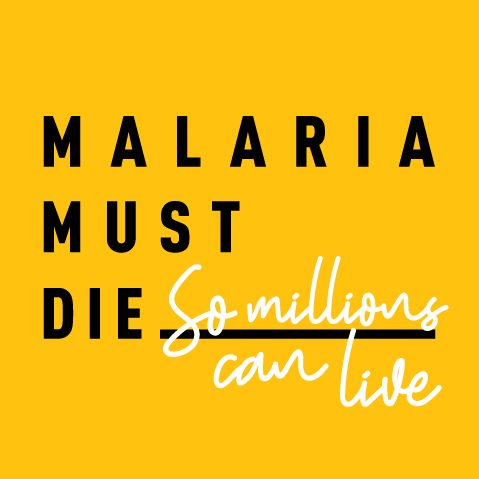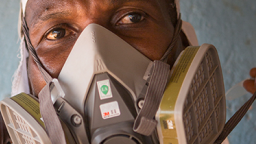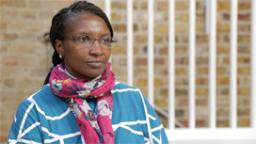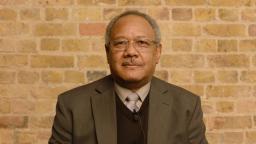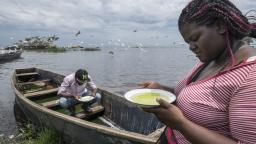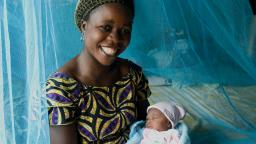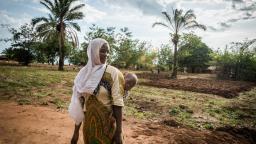This century has seen malaria deaths in Zambia drop steeply, through a historic effort to increase prevention, education and access to medical help. Zambia’s National Malaria Control Programme offers inspiration and hope.
In Zambia, malaria is accepted as a fact of life. The disease causes Zambians to miss work and school, further entrenching them in poverty and hunger.
The Government of Zambia and the US Government — through the US President’s Malaria Initiative (PMI) — has worked in districts, villages and remote communities to achieve historic reductions in malaria deaths and illness. The program has armed people with the tools to protect themselves from malaria and provided them with fast-acting medicines to cure malaria if they do become infected.
DORICA'S MALARIA JOURNEY
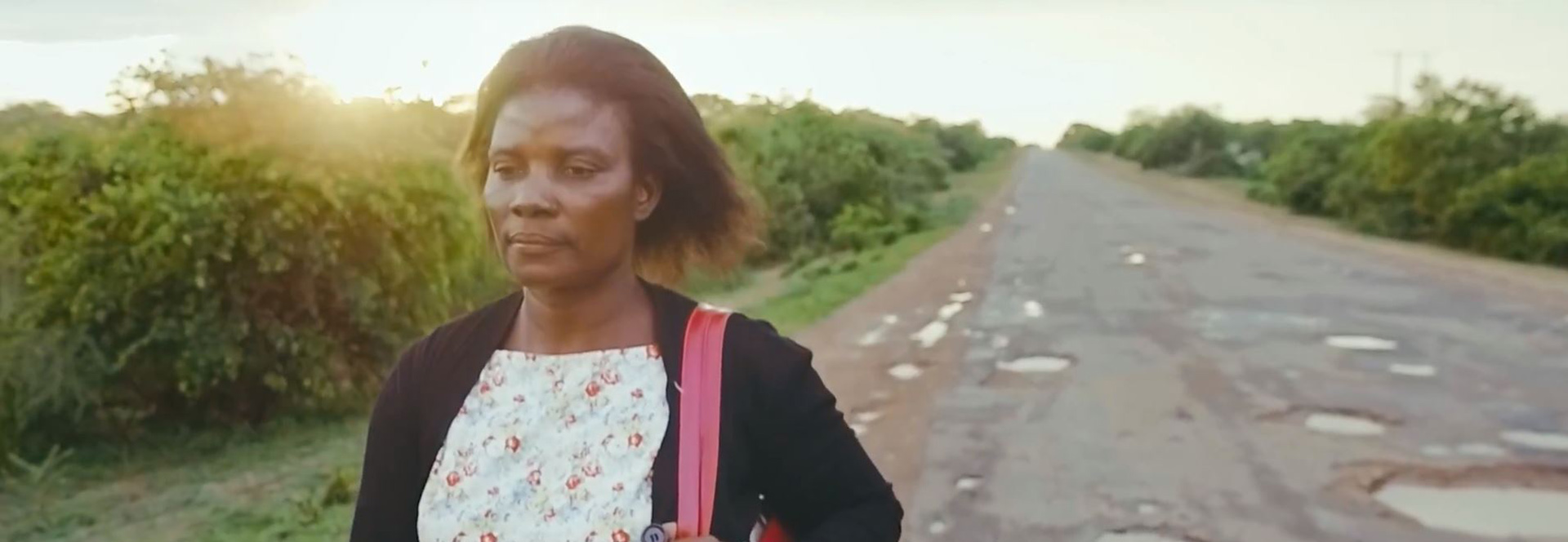
Losing a child to malaria is devastating. The pain is evident in the eyes of women and men who have lost sons and daughters, mothers and fathers, nieces and nephews, neighbors and friends.
Dorica Ncoma Zulu, a 43-year-old agro-business entrepreneur in Kafumbwe village, has a difficult time talking about her youngest daughter. Fourteen years ago, the girl died from cerebral malaria at less than two years old. Dorica watched her racked with shivers and fever, before succumbing to the disease.
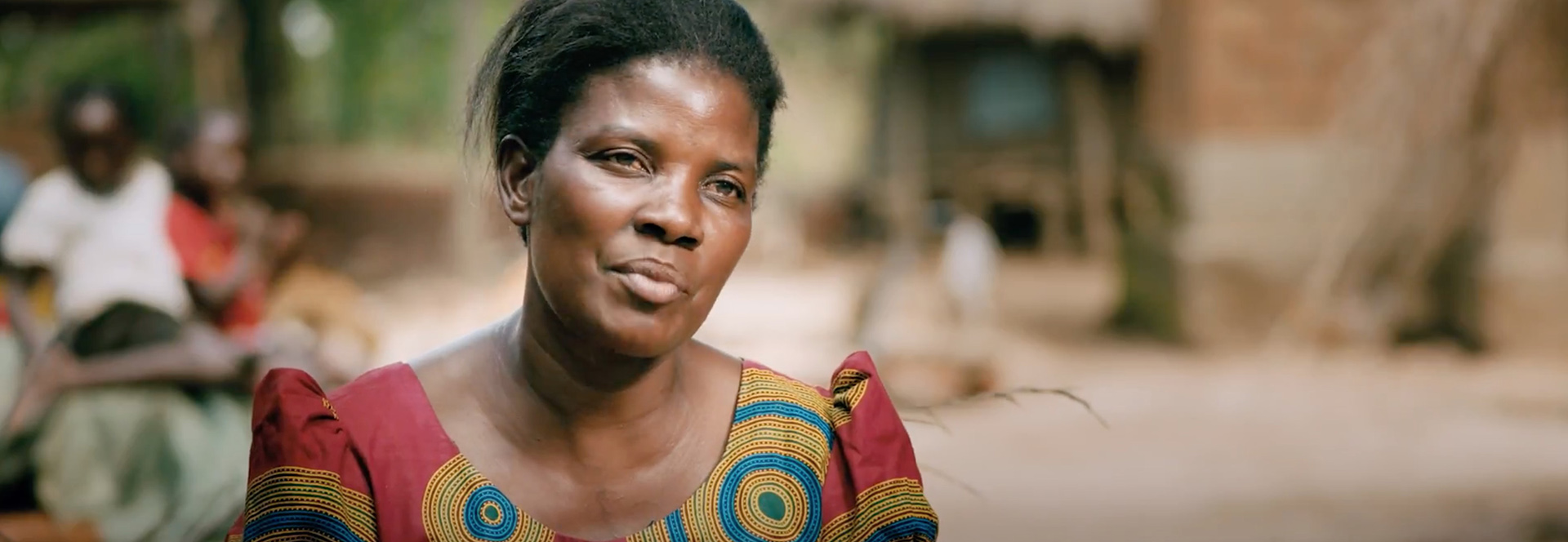
These days, Dorica and her grandchildren sleep under insecticide-treated bednets and her home has been sprayed.
When both Dorica and her husband had malaria symptoms earlier this year, they were tested and treated right in the village. Her grandchildren have not suffered from malaria at all.
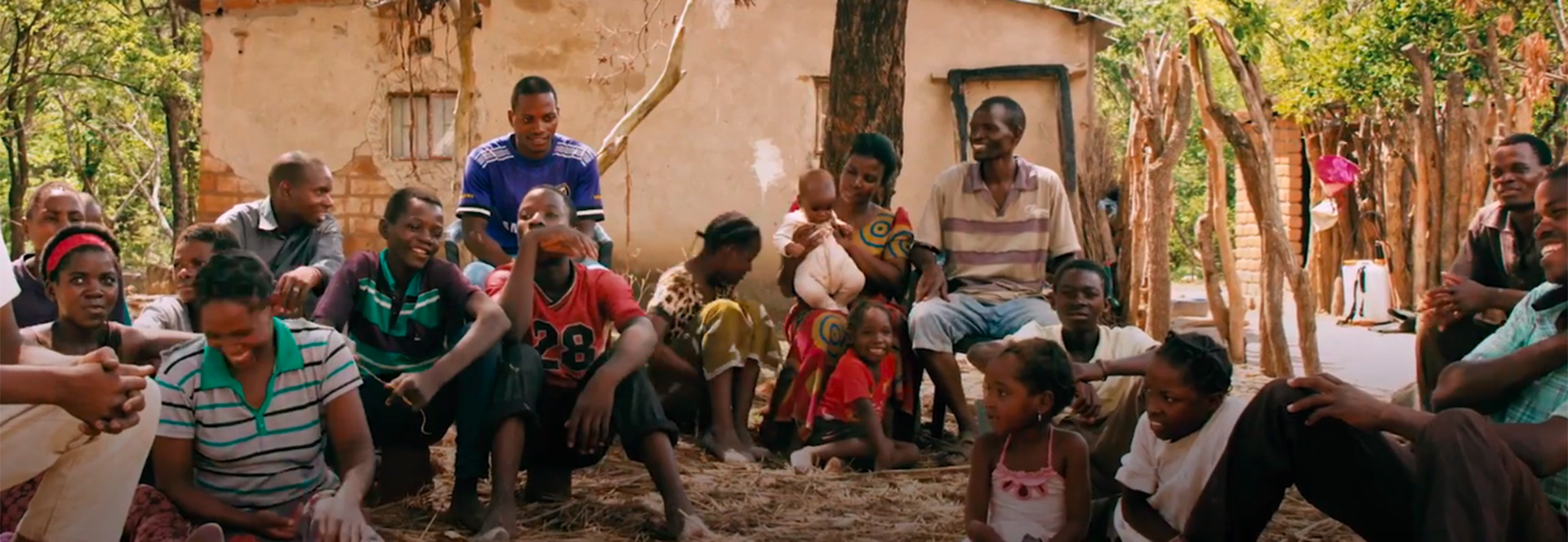
Today, my children and grandchildren are fine. There is no more sickness. My husband is in good health. We we are working and business is going well. All these put together is enough reason to sing and dance.
– Dorica Ncoma Zulu, entrepreneur and grandmother
ADRIAN BANDA: HEALTH WORKER
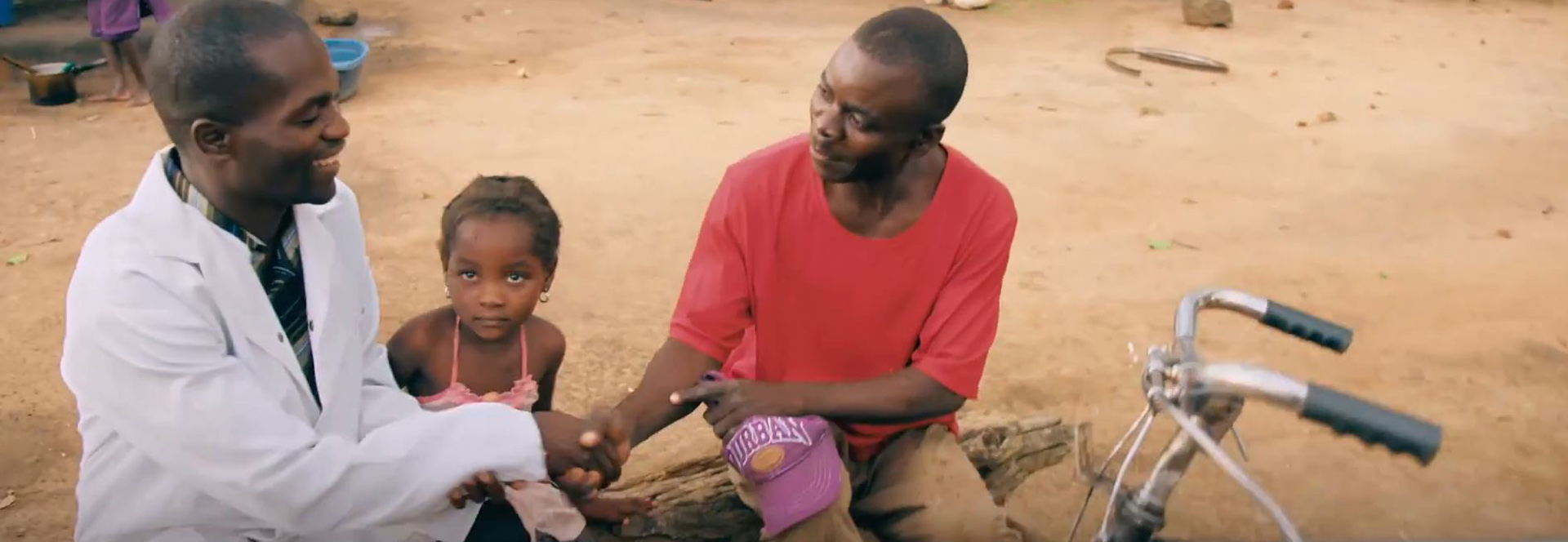
With a health system choked by a shortage of doctors, community health workers are essential in Zambia’s villages. As many villagers live far from health clinics and hospitals, these frontline health workers in their communities are often the first, and sometimes only, providers of health services like diagnosing and treating malaria.
Adrian Banda is one such community health worker, a position for which he receives no pay. He is also the headman of his village, Kalinde in eastern Zambia, and a farmer. As a community health worker, Adrian cares for about 1,500 people in 11 nearby villages. He is a vital link between his village and the rural health center, which is 5 miles away.
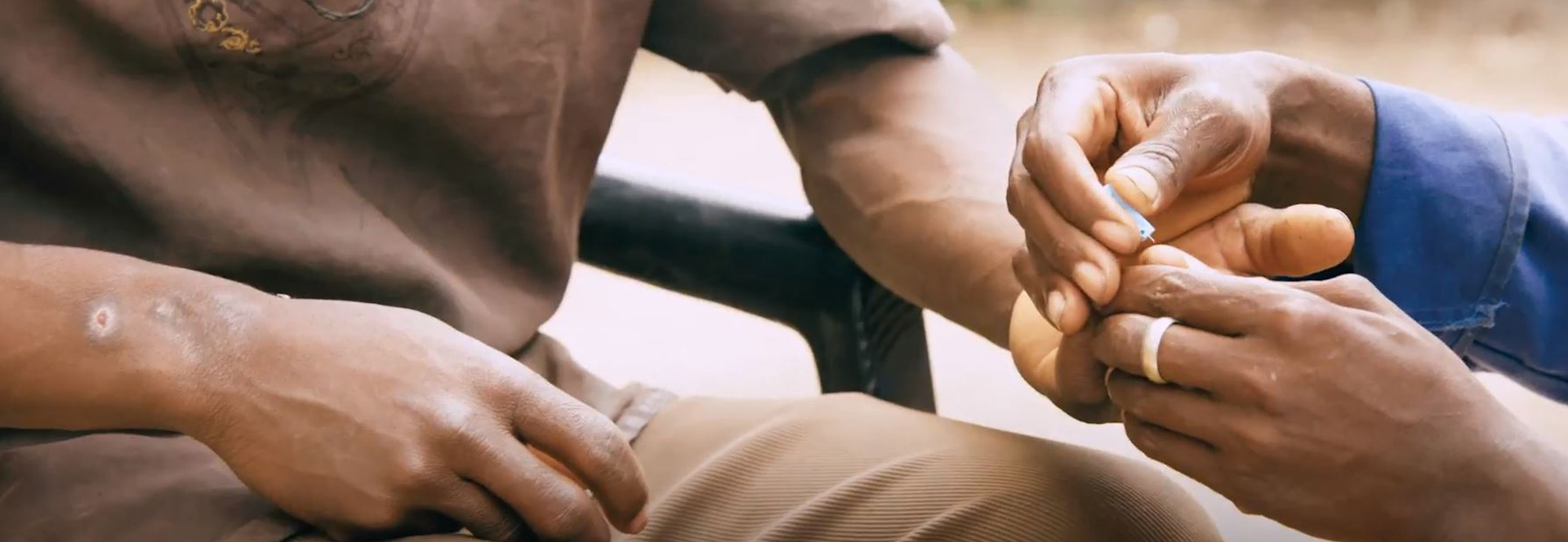
Adrian was 22 when he lost his father. He lost his mother to illness a short while later. “This is what motivated me to get involved and educated about health,” he said. “I was so proud to be chosen by my community as a health worker. Wherever I go, people praise me as a village doctor.”
Adrian attends to 15 to 20 people each day, most of whom present with fever. He’s been trained to administer a rapid finger-stick test to see if malaria parasites are present in the blood. When he started, community members didn’t know how to look for signs of malaria.
“Now, we are able to test and treat community members. We educate them on how to take the medicines, emphasizing on finishing the course,” he said.
My major role in fighting malaria has been educating the people on how they can prevent malaria by consistent use of mosquito nets and spraying of homes.
— Adrian Banda, community health worker
THE WORK TO ELIMINATE MALARIA IN ZAMBIA CONTINUES
A decade ago, malaria was almost certainly a death sentence for poor children in Africa. Now, many communities are creating a healthier, happier and more sustainable future by stopping malaria in its tracks.
But nearly 5 million malaria cases were reported in Zambia in 2015, so the work to eliminate the disease and to save lives must continue.
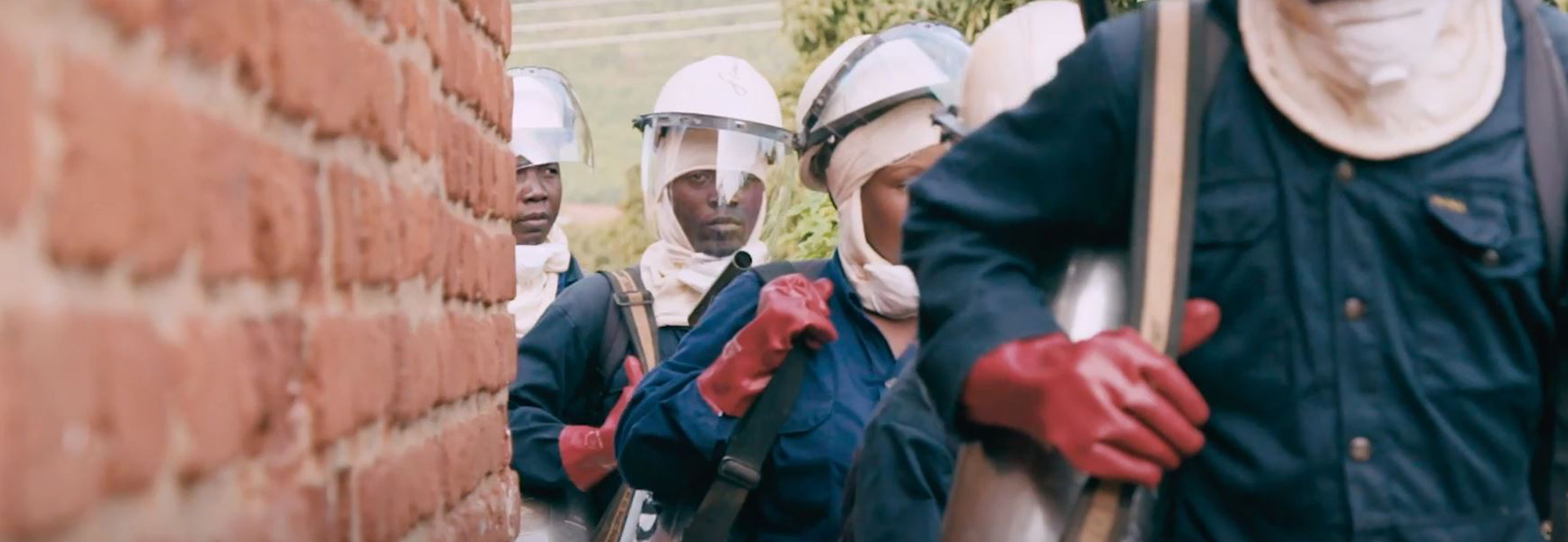
The National Malaria Control Program in Zambia – a partnership between Zambia’s Government, the US Government’s President’s Malaria Initiative (PMI), USAID and Centers for Disease Control and Prevention (CDC) – will continue to play a major role in reducing malaria transmission. By distributing more mosquito bed nets, spraying more homes to eliminate mosquitoes, diagnosing and treating the disease, and administering preventative treatment for pregnant women — who are disproportionately at risk.
Zambia shows what progress can be achieved when malaria is tackled with concerted, appropriate action. Now is the time to renew our commitment to end it, everywhere.
Show your support for more progress on malaria. Ahead of the meeting of Commonwealth leaders in London, share and declare #MALARIAMUSTDIE.
